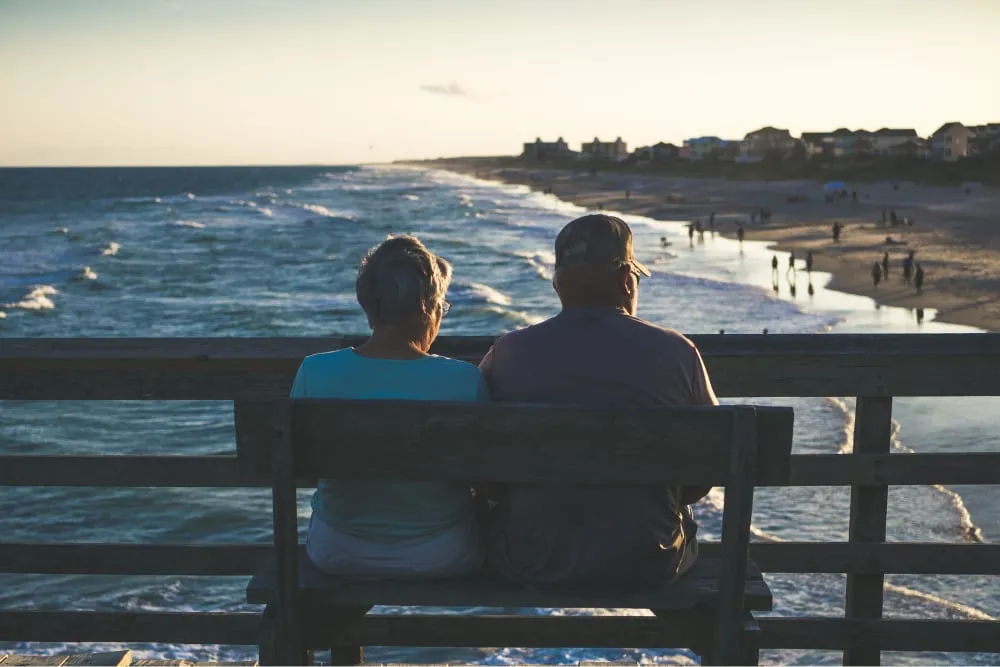Elderly
Eating disorders don’t affect young women only, which is a common misconception. Many older adults struggle with eating disorders, such as bulimia nervosa, binge eating disorder, and anorexia nervosa.
It can be difficult to notice the signs of an eating disorder in an elderly person, especially if they have other health conditions they’re dealing with, however there are things to look for. These include things like, dental damage, extreme weight loss, skipping meals, using diuretics, laxatives, or diet pills, and always eating alone.
Elderly people with eating disorders put their health at extreme risk. The lack of nutrients consumed can cause their bodies to be frail (more frail than is usual for their age), their immune system can be compromised, and they may become more vulnerable to other serious health conditions.
Learn how eating disorders can affect the elderly and who is at risk. Find the best treatment options for seniors and understand the different types of therapies used.

How eating disorders affect the elderly
.webp)
Eating disorder treatment programs for elderly

Bulimia in the elderly
.webp)
